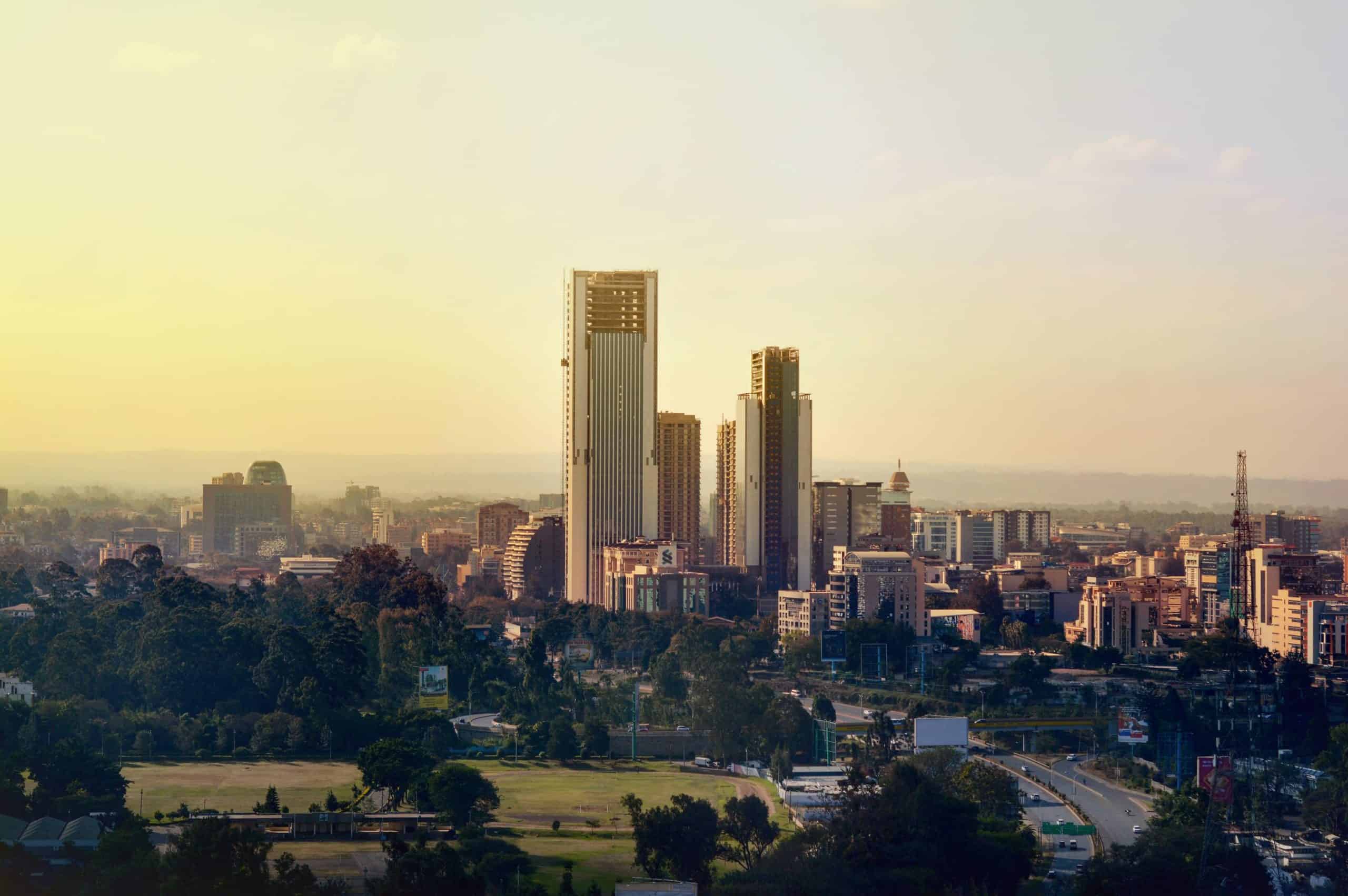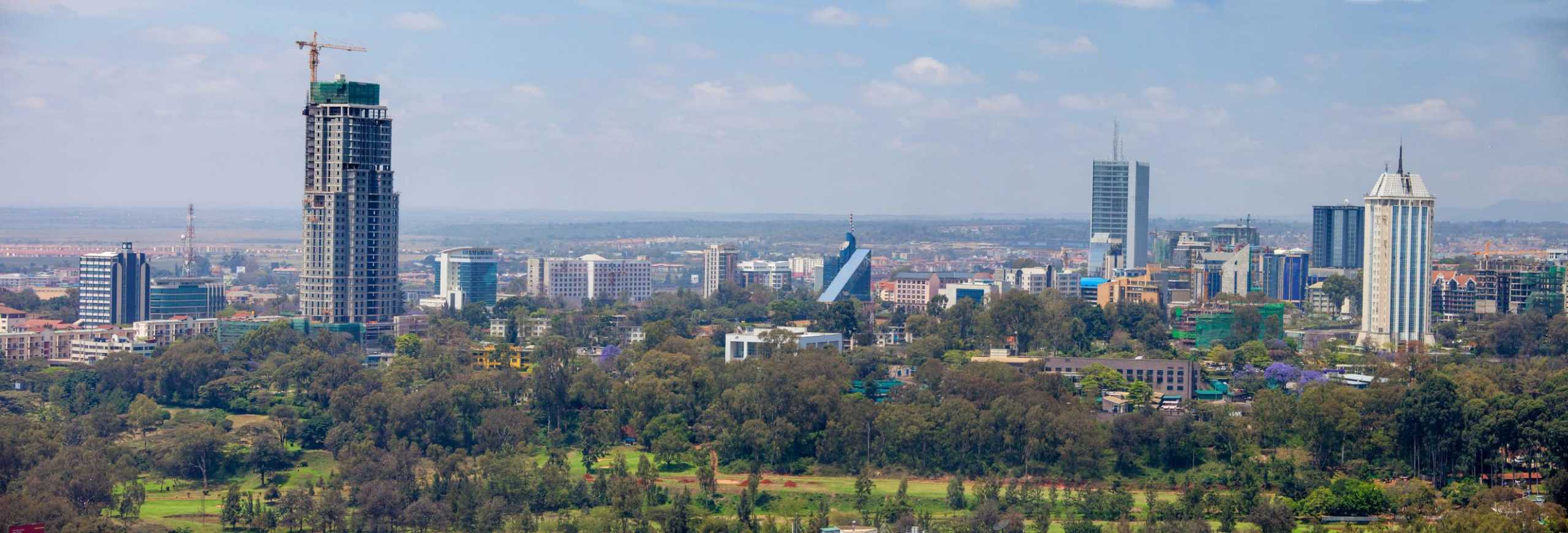CHILD CUSTODY & GUARDIANSHIP
Understanding Child Custody in Kenya

Nature of Child Custody
A person may have legal or actual custody of a child or both. Legal custody means the right to possess a child conferred by a custody order awarded by the court. Actual or physical custody refers to the actual possession of a child, whether or not actual possession of the child is shared with other people.
Considerations for the Court in Making Custody Orders
- Best interests of the child
- Age of the child;
- Wishes of the child
- Wishes of the parents of the child
- Issuance of other court orders relating to the child e.g. a care or residence order already made with respect to the child
- Fitness of the parents
- Wishes and needs of siblings of the child
- Etc
Parental Right of Custody
Both parents to a child have the right to exercise parental care and responsibility over the child; including having custody of the child as both parents have equal rights and responsibilities. Nevertheless, to ensure the best interests of the child are foremost, courts often view the age of young children as a basis to grant wider custody to mothers to cater for the needs of such infants. Thus the parental right to custody may be regulated by considerations of the best interests of the child.
Types of Custody Arrangements
- Joint custody – where custody is shared between the parents/guardians with a determination on when each parent may have actual custody of the child.
- Sole Custody with Access – Sole custody granted to one parent and the non-custodial parent has a right to have the child visit or may visit the child in their home without taking custodial possession of the child.
- Sole custody – where custody is granted to one parent and no custodial rights granted to the other parent.
- Custody arrangements under a parental responsibility agreement – this is custody as determined under the terms of the parental responsibility agreement. This custody arrangement will need to be adopted as a court order to be binding on either party who have equal parental rights at the onset.
Who may apply for Custody?
A guardian; a parent; or a person with a legitimate interest in the welfare of the child may apply for a custody order.
Difference between Custody and Guardianship
Custody relates to control and possession of a child while guardianship relates to the holistic parental care and responsibility that a guardian/parent exercises over the child. Thus references to custody determine whom the child will live with on a day to day basis and who shall be in possession of the child and guardianship determines issues such as education; medical care as well as subsuming the question of who the child resides with.
Court Practice in Awarding Custody to Mothers
The tendency of the legal system is to grant primary physical custody to the mother in the case of young children as it has been deemed that mothers are well suited to cater to the basic needs of infants and young children. A mother would likely lose custody of a child in a scenario where she is clearly shown to be an unfit or horrible mother.
Child Custody for Fathers
Fathers have the right to apply for custody of a child. The court may award sole custody to the father depending on the manifest unfitness of the mother. The court will determine the degree of access of the father in instances where physical custody is awarded to the mother. In other instances, where the court is satisfied, it will grant joint custody of the child to be shared by both parents.
Divorce and Child Custody
Upon divorce, parties may address issues of child custody in their divorce settlement agreement. If parties come to an agreement, they may enter into a parental responsibility agreement which can be adopted as an order of the Children’s Court. Child custody and divorce suits are brought before separate courts as the Children’s Court has jurisdiction over children’s matters at first instance whereas divorce suit may proceed in the magistrate’s courts or even the high court as the case may be.
Losing Custody of a Child
A mother is often granted physical custody of young children. A mother would lose full custody usually in dire circumstances such as where the mother is shown to be a manifestly unfit parent e.g. abusive or a drug user whose ability to take care of the child is manifestly impaired.
Custody Paperwork
A child custody suit is a suit initiated like any other court suits depending on the type of orders sought. The parent seeking custody will file a suit in the appropriate court ordinarily the Children’s Court. The matter will go to hearing and a report by the Children’s Officer will be relied on in determining custody. A party may apply for sole or joint custody and may also apply for physical custody depending on their wishes.
- The appropriate document is called a plaint. This sets out the reasons for seeking custody of the child. The document also contains prayers that the applicant is seeking, for instance: sole custody or joint custody. If there is intent to take the child out of Kenya or move out of town with the child, you can also seek a residence order. If child maintenance or financial support for the child is being sought, this can also be applied for. It is best to have a lawyer draft this so you can word the prayers correctly and seek a comprehensive raft of court orders that are pertinent to your particular circumstances.
- Other accompanying documents are the witness statements, verifying affidavit, list and bundle of documents as well as summons to appear.
- Once the summons to appear is signed by the court, the Plaintiff can serve all their drafted documents on the defendant. Thereafter the defendant has 30 days to appear and file their response/defence.
- Note that in some cases you can file an emergency application for emergency orders due to urgent circumstances and for the best interests of the child; and the magistrate will issue immediate orders, this may not require 30 days for the Defendant to respond and the magistrate will direct if the defendant has a shorter time to respond e.g. days to respond to the emergency application.
- Thereafter, there shall be a pretrial court date and the court will confirm if both parties have filed their documents. If all parties are ready, the matter will be certified ready for hearing and given a hearing date.
- Whether before or after the hearing, usually in children matters, a children officer’s report is usually prepared whereby the parents (and where age appropriate), the child is also interviewed by the department of children’s services in the locality where the child lives.
- During the hearing before the magistrate, both parties are examined, cross examined and re-examined. Thereafter parties can put in their written legal submissions; and once these are filed, the court will issue a judgement date where judgement on custody sought will be read out.
Duration of child custody cases
The duration of any case is indeterminate and is dependent on factors such as filing of the children officer’s report; parties adhering to filing schedule; court adjournments; public holidays etc.
On average they usually take more than 5 months to completion.
Can custody orders be amended or revoked down the road?
Yes, Section 119 of the Children Act 2022, allows parties to apply variation of child custody orders. Courts are guided by the principle of the best interests of the child as stipulated in Section 8 of the Children Act 2022. Additionally, you may apply to revoke a custody order for custody issued to one parent or guardian if they are no longer a fit person to have custody.
Such an application is by way of notice of motion accompanied by a supporting affidavit and evidentiary bundle that can persuade the court that it is in the best interests of the child to amend the custody orders, for instance due to death of one parent with custody or if one parent wants to move abroad with the child or one parent is no longer fit to continue to have custody of the child.
The court may order another children officer’s report to investigate whether there are new circumstances warranting change in the custody orders previously given
Difference between a residence order and custody order.
A residence order is an order allowing a child to live anywhere with a custodian. For instance, if you would like to move abroad or out of town with the child, you can apply for a residence order alongside the custody order. The custody order on the other hand, allows you to care for and have possession and control over the child. Thus a residence order deals with the place of living of a child while a custody order covers all aspects of care and control of the child’s life. Note that the prayer for custody and residence orders can be made in the same plaint/application.
Difference between a maintenance order and a custody order
A maintenance order is an order directing a parent/guardian to pay a certain amount of money towards the needs of a child e.g. school fees, health bills, clothing, rent etc. An order of custody is broader than a maintenance order as it directs how each parent shall exercise care and control over the child and degree of access of the child. Child maintenance is also referred to “child support”. Note that the prayer for custody and maintenance orders can be made in the same plaint/application.
Difference between Access order and Custody.
These two different orders of custody and how access will be shared are often issued in tandem with each other. The access order essentially stipulates how the physical custody of the child shall be shared, for instance if physical custody is joint between the two parents, the court can direct which parent shall have the children during school holidays vis a vis the school term. Also some access orders can direct one parent to have the children for the weekend and the other parent to have the child for the school week. Access is determined by factors such as the school calendar, the wishes of the parents and the wishes of the children. A custody order is a broader order that directs more than access – the custody order directs who has care and control of the child and determines who the child lives with as well. Note that the prayer for custody and how access shall be shared can be made in the same plaint/application.
The provision of general information herein does not constitute an advocate-client relationship with any reader. All information, content, and material in this article are for general informational purposes only. Readers of this article should get in touch with us/a qualified advocate to obtain legal advice with respect to any particular legal matter.
RELATED ARTICLES



